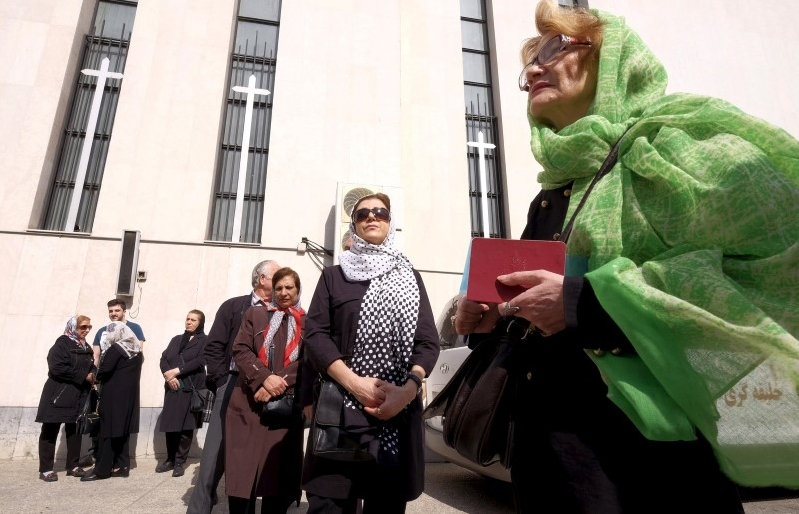
Despite the continuing religious persecution in Iran, the Christian population in the country still thrive in practicing their beliefs. Although they still meet and worship in secret, the Christian community in Iran is continuing to grow.
The movement for the practice of Christianity in the Middle Eastern country is mainly being driven by Pars Theological Center, a religious organization based in London. Currently, this organization is training over 200 Iranian Christians who will serve as the next generation of church leaders in the country, the Christian Post has learned.
According to the group, many of those practicing Christianity in Iran used to Muslims. But, despite the risk of being imprisoned or even executed for changing religions, these individuals are still determined to practice their religious freedom.
"Par sees this as a real chance to train agents of change who would transform the Iranian society from the bottom up by fostering a grassroots development of the values of Jesus in an Iranian style," a source who claims to have insider knowledge of the organization said according to Christian Post.
"It's not anti-Iranian," the source continued. "It's an Iranian movement. It's a great, great number of Muslims turning to Christ."
As reported by Fox News, the persecution of Christians in Iran has been going on since the late 1970s. Punishments for those caught include imprisonment, torture and even death. For the country's leaders, the practice of this religion threatens Iran's social stability by leading away young Muslims from Islam.
Because of this, the practice of Christianity has been criminalized. Currently, there are around 100 individuals who have been imprisoned because of their religion.
Due to the legal status of their religion, Christians in the country, which is estimated to be at 450,000, practice their beliefs in secluded areas such as house churches. To avoid getting caught, they only pray and sing songs of worship very quietly. But sometimes, they don't sing at all to avoid getting heard by someone who might turn them into authorities.
Also, they limit the number of members of each house church to only about four to five. They also avoid gathering and worshipping at the same place for several times.






